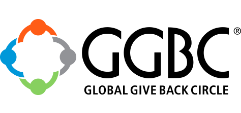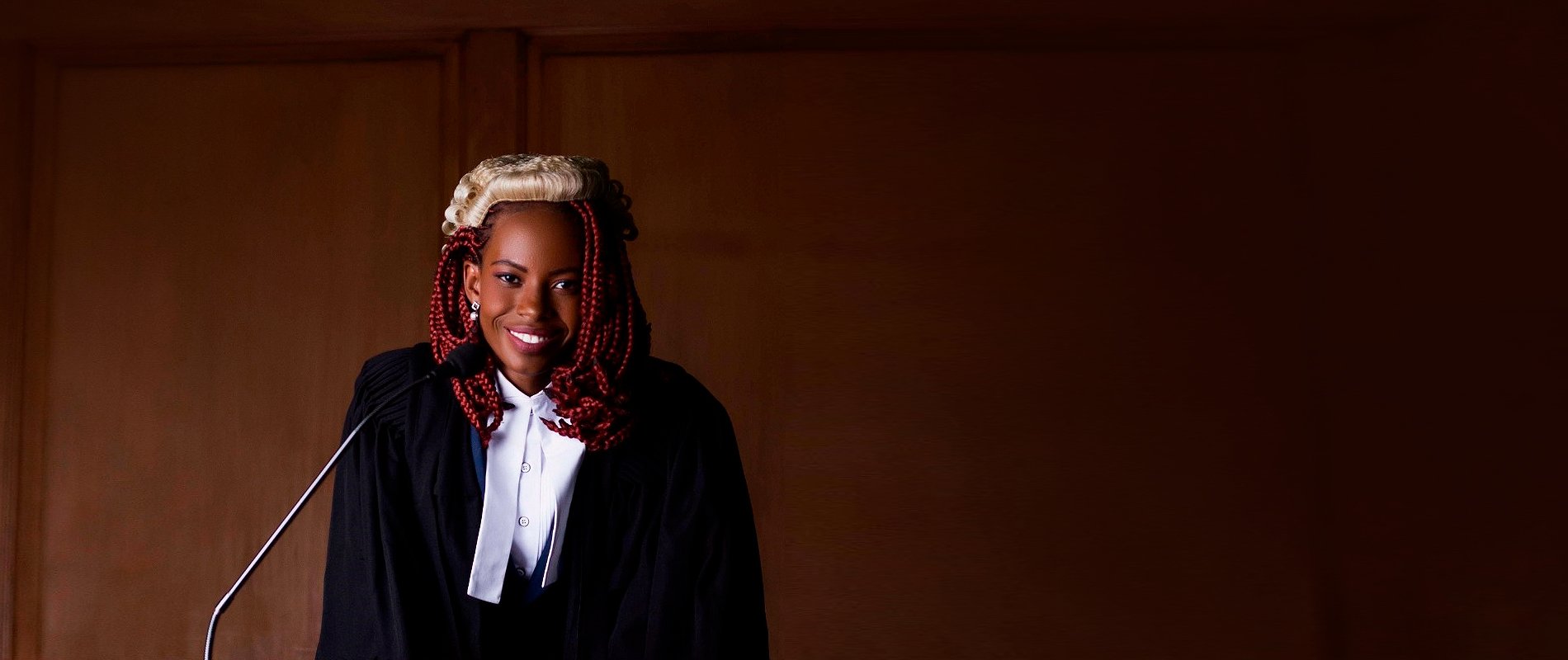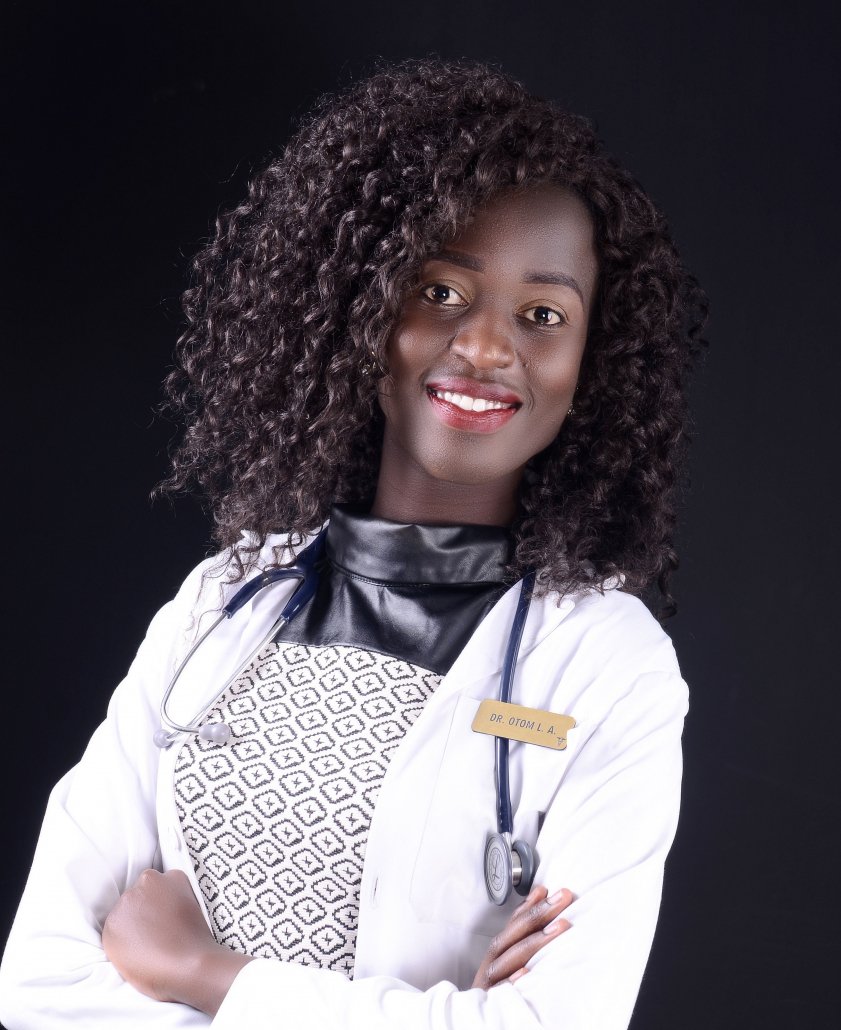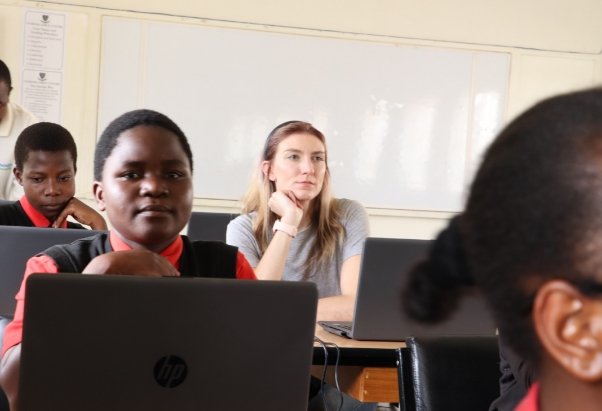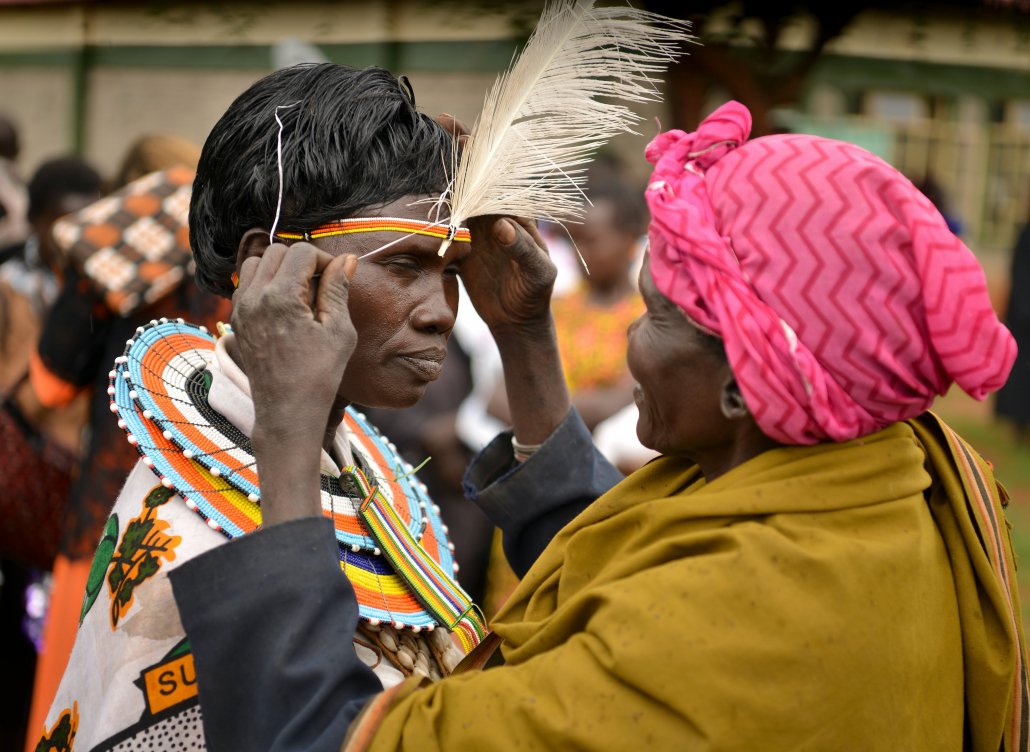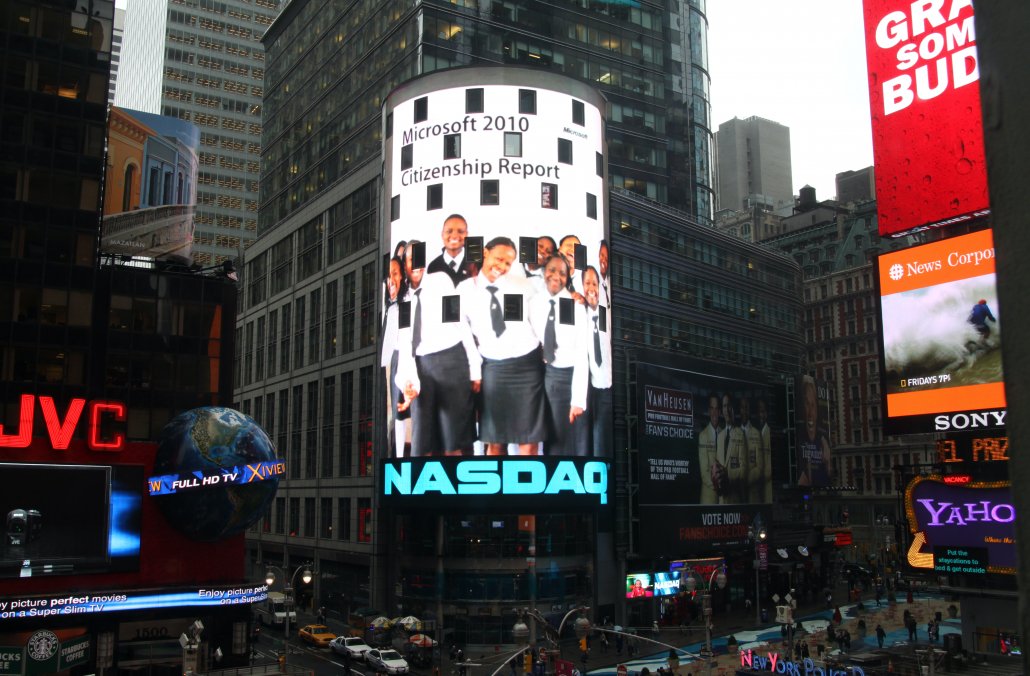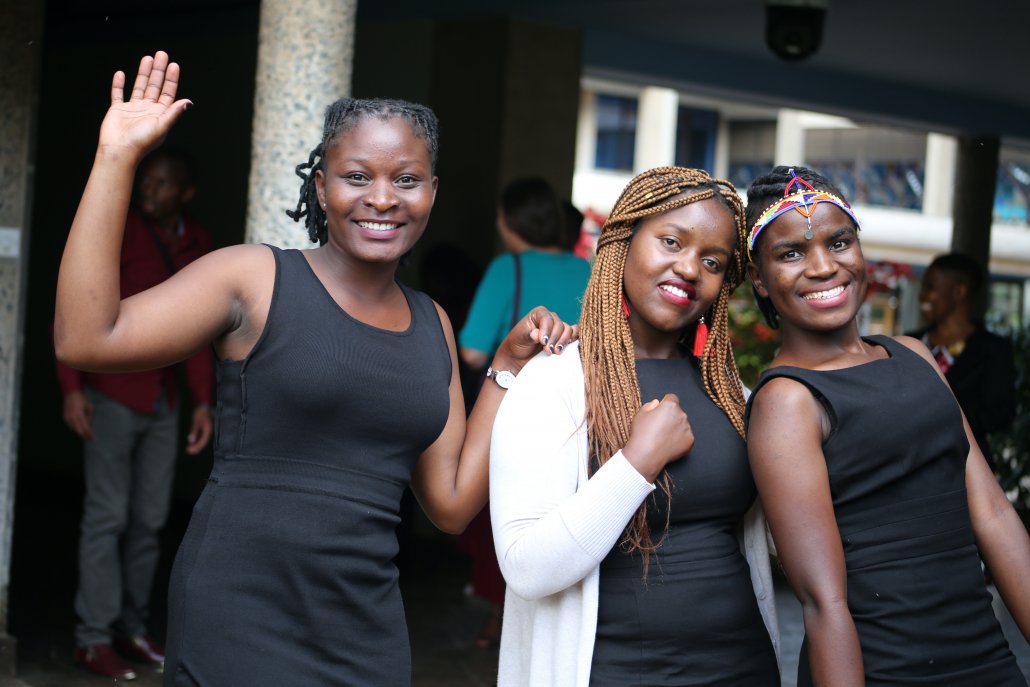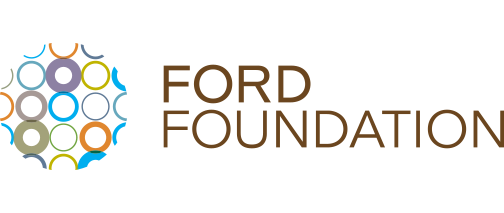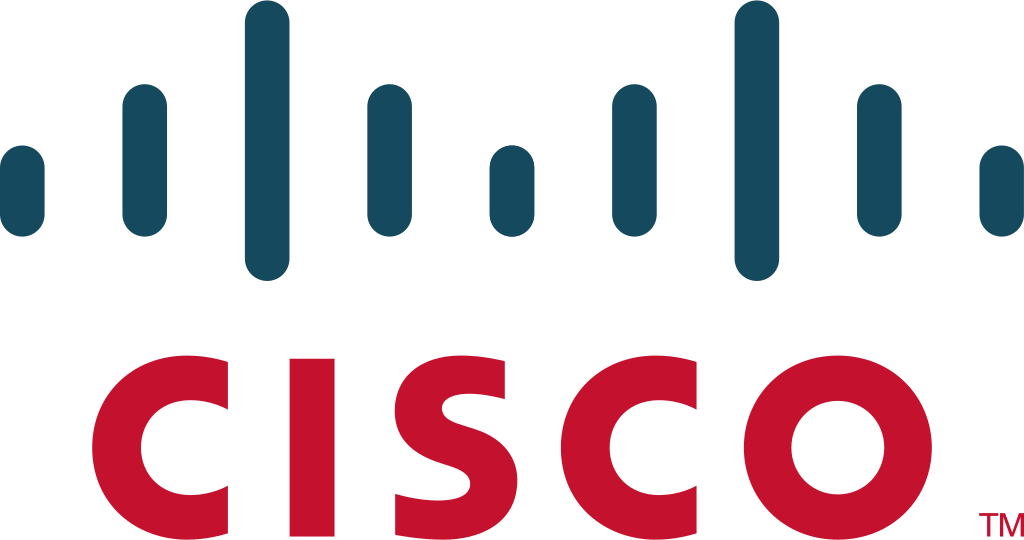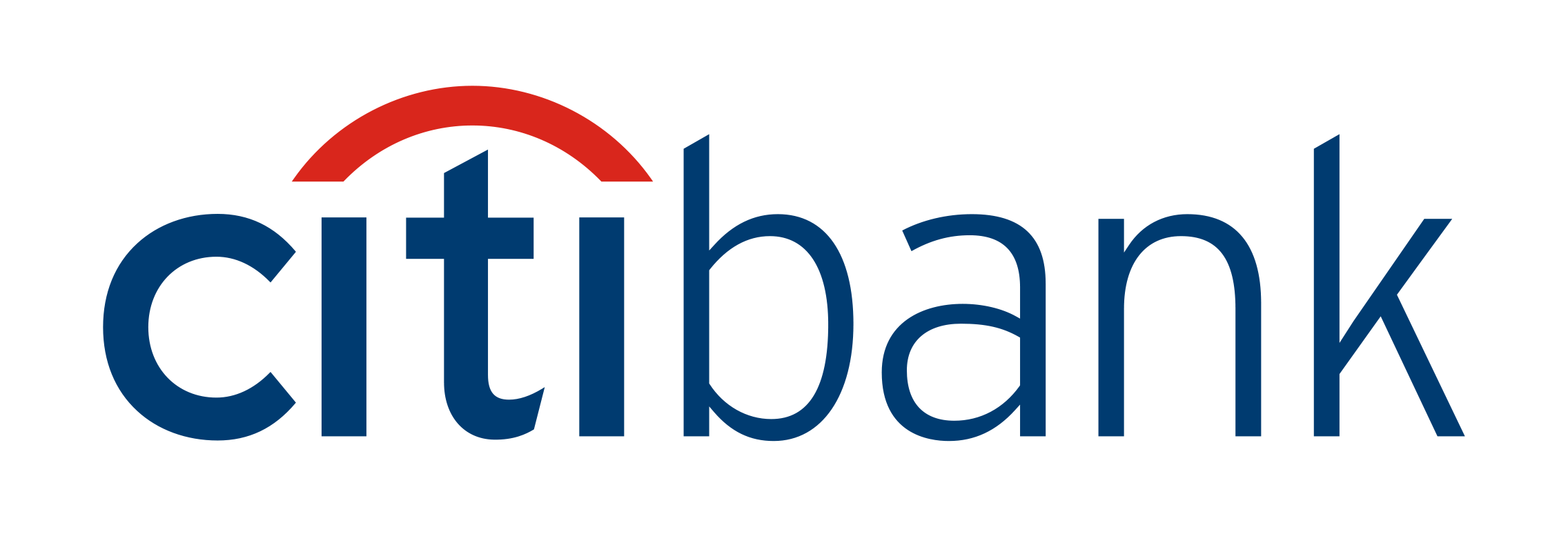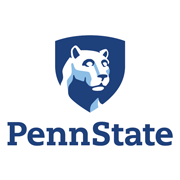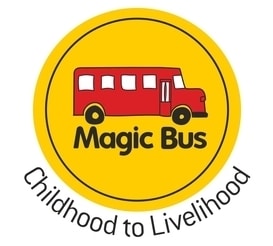Our Impact
Yes, we can tick the boxes for the impact questions which are designed to help the world measure the success of an economic empowerment intervention designed for at-risk girls. We can answer “Yes” to questions like “Did she finish high school? Did she continue to college? Did she receive life skills training? Was she mentored? Did she give back to her community?”
We can also respond to questions which are not yet part of mainstream measurement matrices. Questions like; “Now that she is a respected teacher in her rural community, how does her father view the practice of FGM? What behavior changes helped her lean into a traditionally male dominated job? What was the impact of her mentor on her being awarded a Rhodes Scholarship?”
Most important, we can provide evidence linked to transformation, because Global Give Back Circle was designed as a movement verses a point-in-time project. We remain committed to a multi-year transformation process, starting with at-risk girls in high school and walking with them on their journey to independence and economic empowerment. Because giving back is deeply embedded in the process, and the mentoring model is so high touch, the girls are not the only beneficiaries – mentors and communities are beneficiaries too.
Impact on Girls
We measure impact by
the degree in which an at-risk adolescent girl
expands her frame-of-reference about what is possible,
leans-in on ‘life’s chances’,
shifts from a mindset of vulnerable to a mindset of empowered,
transitions into employment or entrepreneurship,
embraces the privilege of giving back, and
lifts her community as she rises.
Impact on Mentors
We measure impact by
the degree in which a mentor
broadens her frame-of-reference about resiliency,
deepens her sense of empathy,
expands her innovation capacity, and
realizes her own leadership potential
as she walks in the shoes of a girl in the Global Give Back Circle.
Impact on Communities
We measure impact by
the degree in which SHE
impacts others through her community give back projects,
mentors the next generation of girls,
advocates for the rights of all women and girls,
reverses harmful cultural practices like FGM and forced early marriage by role modelling, and
transitions from beneficiary to benefactor and becomes part of a movement.
Our Journey to Self-Reliance
What began as a pilot with 10 Kenyan high school girls in 2006, has expanded to reach over 5,000 girls in India, China, South Africa, Rwanda, Uganda, and Ghana. 3,000 women from all corners of the globe, have stepped up to mentor and 34 private sector organizations have engaged through the provision of scholarships, internships, services, and jobs.
An unsolicited proposal to USAID in 2011, spawn a nine-year partnership – a journey to self-reliance. The commitment to transformation was instrumental in guiding scale-up and sustainability as once-at-risk girls developed into empowered young leaders, taking over the reins and implementing Global Give Back Circle with the vision and passion of women who at one time ‘where that girl’. Today, the Alumina Association is leading all programming; working closely with local community organizations who play a vital role in grass-roots implementation.
Microsoft’s commitment to employee engagement, has had a huge impact on the scale of our reach, as 500+ Microsoft mentors support the educational journeys of more than 1,000 girls. Mastercard Foundation’s management grant was a game-changer, as it came at a time when we were figuring out our sustainability model and putting in place the systems to make it a reality.
Our journey to self-reliance has been a commitment to listening, collaboration, innovation, and partnerships – always placing HER at the center of everything.
